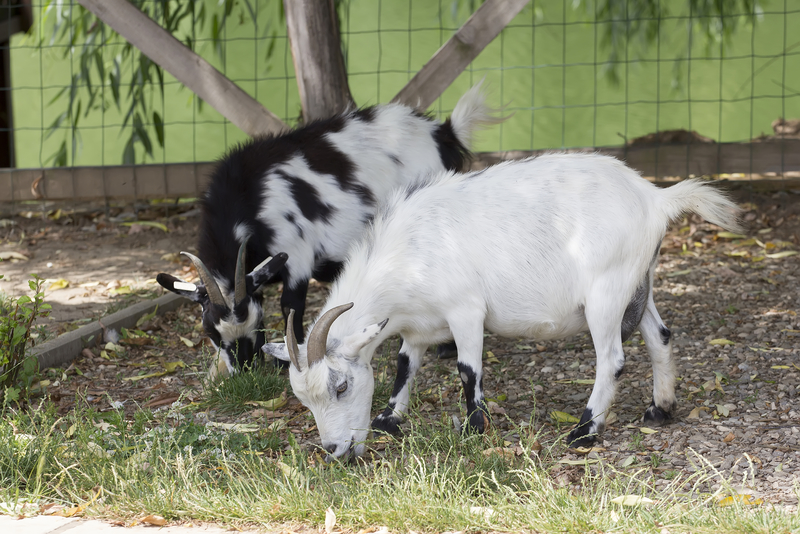One of the goals of a homestead life is to lower monthly costs. A way to achieve that is to ensure your animals are healthy and don’t need veterinary care, which can become expensive quickly. You’ll help both yourself and your goats by learning how to properly take care of them and keep them away from foliage that is potentially devastating to their wellbeing.
How to Find Resources
An online search for “plants toxic to goats” yields thousands of results.
It can be tough to choose which to believe. I tend to favor sites which are sponsored by real authorities — based on their education, background and experience — and that appear to generally agree with other sites.
Other informational sources include books and magazine articles. As with online sources, I steer toward publications that are known for expert advice and fact-checking instead of personal stories of one person’s experience.
Another excellent option is a goat network. These range from nationwide to local, meet through social media or around a neighbor’s kitchen table, and usually offer a wealth of experience and knowledge. There are official organizations for dairy goats, meat goats, miniature goats, and for virtually every specific breed of goat, as well as regional groups to support goat husbandry for people of all ages.
Last but by no means least, a working relationship with a reliable veterinarian or clinic is ideal.
Consider Geography and Perspective
I found a lot of dire warnings online against goats eating pine trees. Some sites broadened the warning to include other softwood species.
My veterinarian cleared up the confusion. He told me that pine trees native to much of North America are indeed dangerous to goats, but not the Eastern White Pines we have in this area. It turns out that variations among species due to geography can make a big difference.
Regarding perspective, some people refer to all softwood trees as “pine,” perhaps due to regional colloquialisms or being unfamiliar with trees. To me, “all softwoods” includes fir, spruce, cedar, hemlock and more — all as different from one another as dandelions from daffodils. To other people, “all softwoods” means “all red pines.”
Some sites warned against the tannin in tree bark, so I asked my veterinarian about that, too. He confirmed that excess consumption can indeed build up to toxic levels, but that the goats could safely consume bark as long as they drank plenty of water.
Wild cherry trees are generally accepted to be toxic to goats.
Goats And Toxic Plants: Separating Fact From Fiction
The message here is to use common sense, and if goats present symptoms after consuming a plant — even if the experts say it is not toxic – then observe them closely and be ready to spring into action if necessary.
Choices Must Be Made
Milkweed is included on most lists of plants toxic to goats, so I pull it whenever I see it. It makes me sad to do so, being cognizant of the fact that milkweed is essential to the survival of monarch butterflies. But I must prioritize the health of my goats, and hope that enough of my goat-less neighbors will allow their milkweed to thrive to support the monarchs.
Similarly, I avoid the lovely lupine flowers that are quintessential to my area.
Are Old Wives’ Tales True?
Another story I heard was about goats and poison ivy. It is said by some that when milking goats eat poison ivy, they pass on immunities to it through their milk. Goats can safely consume poison ivy themselves, but people who drink their milk afterwards do not then acquire the immunity. Or at least I didn’t.
What other tips do you have concerning goats and toxic plants? If you have goats, do you have any other plants that should be kept away from them?
Article Source: Off The Grid News

They have a hard time with steel, but other than that…